
Uzbekistan
Bukhara: Koh-I-Noor Guest House
With a history spanning over 2500 years, Bukhara has flourished as a cultural and religious centre in Central Asia. Its well-preserved heritage, comprising an impressive fortress, luxurious palaces and a myriad of mosques and madrassas, bears witness to the city’s historical significance and attracts today millions of visitors from all over the world. In 2019, Sabina Ashurova took a leap of faith to explore the unique tourism potential of Bukhara. She opened her family guest-house, Koh-I-Noor, located just next to one of Bukhara’s most iconic landmarks, the Chor Minor.
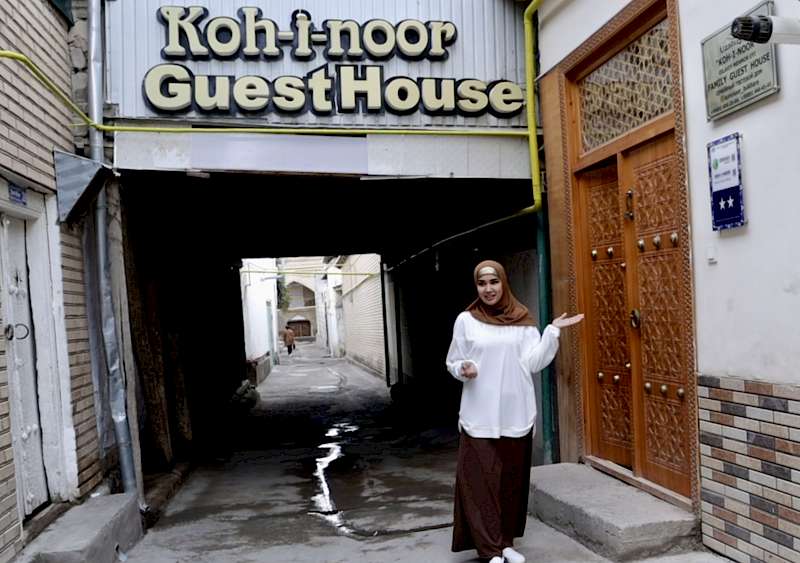
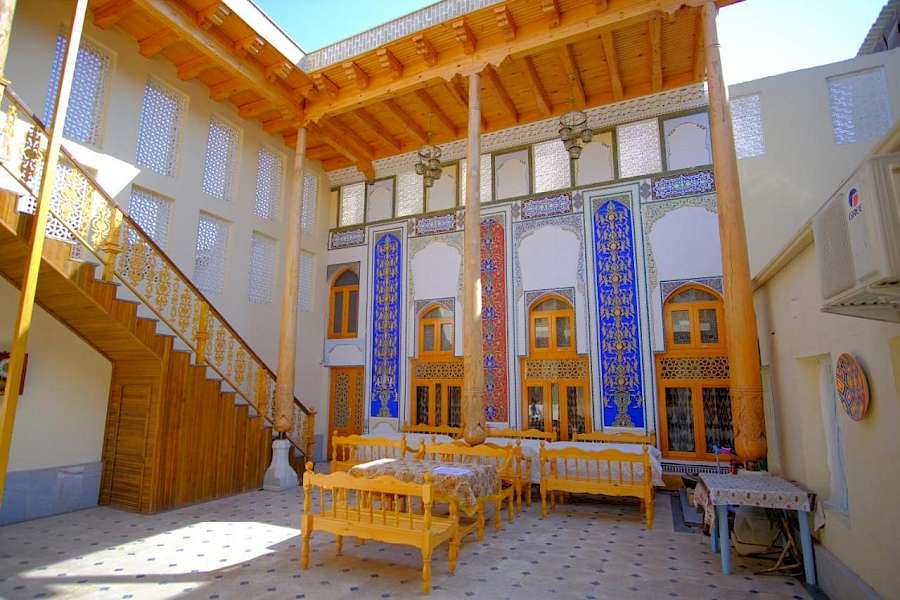
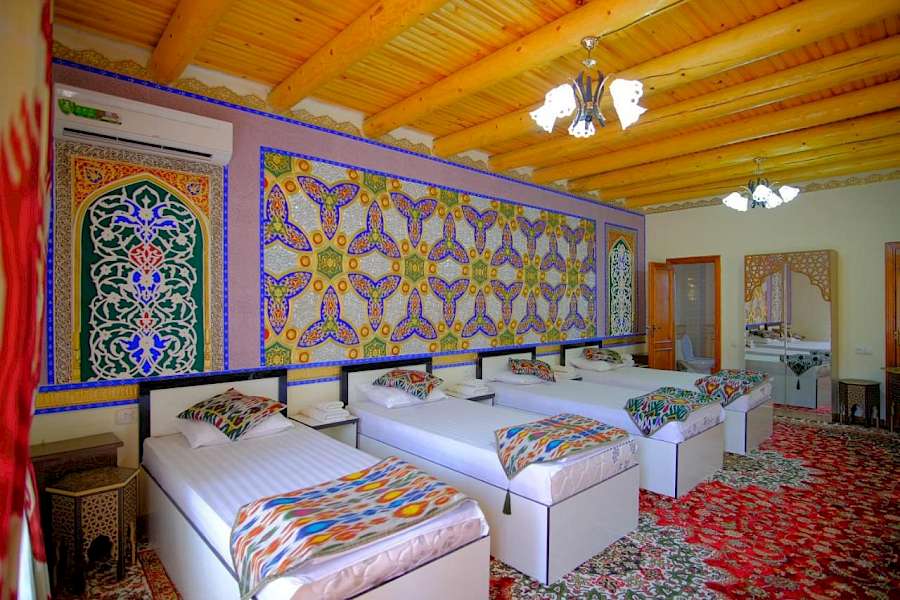
One of the buildings of the guest house is around 300 years old and is a classified historical site. With the latest additions built towards the end of the 20th century and refurbished 20 years ago, Sabina is able to host guests in seven rooms, providing all the necessary services. At the centre of the guest house lays a carefully landscaped courtyard, bathed in direct natural light, a traditional arrangement that helps to keep the space cool in summer.
The name of the family guest house was chosen for its meaning in Persian: ”Koh-I-Noor” translates to “Mountain of Light”. In school, Sabina was mostly interested in history, geography and foreign languages. Although she pursuedstudies in tourism later on, little did she know that she was laying the foundation for a future in business.
After her marriage, Sabina moved in with her husband's family and began to take an interest in the uncommon history of their home: the house had belonged to a tea master at the court of the Emir of Bukhara in the 18th century. Having started a family, Sabina was eager to flourish professionally while being able to spend time with her children. One day shestrolled through the narrow streets of Bukhara's old city, Sabina noticed the many “Family Guest House" signs on private houses. It struck her that this was exactly the opportunity she was looking for, as having her own family guesthouse would enable her to share the history of her house, use her hospitality skills and engage in an exciting business journey while staying close to her children. Sabina’s husband and in-laws immediately supported the idea.
Promoting the local culture and history is a central dimension of Sabina’s business: “We organise a cultural programme for the guests; excursions around the old town and surroundings; master classes on cooking pilaf on the fire; folklore shows; trips to nature - horse riding; fishing”, she emphasizes. Her hospitality and outstanding service did not go unnoticed and Koh-I-Noor was eventually awarded the title of "Best Family Guest House of the Year" by the government of Bukhara province.
In 2021, continuously seeking for ways to improve her business, Sabina engaged with the Association of Private Travel Agencies of Uzbekistan. Within the framework of the EU funded SWITCH-Asia project Promoting energy efficiency and renewable energy production in the community-based tourism sector in Central Asia (SET) in short "SET to Switch", implemented by Acted, she benefitted from the ‘Training of Trainers’ and the study-tour held in Germany to visit green community-based tourism enterprises.
These activities allowed her to gain knowledge in management, service, marketing and business promotion and gave her an opportunity to enhance her skills and focus on developing her guest house’s sustainability. The family guest-house was also equipped with a hybrid photovoltaic system, a green and economic way to continuously provide electricity.
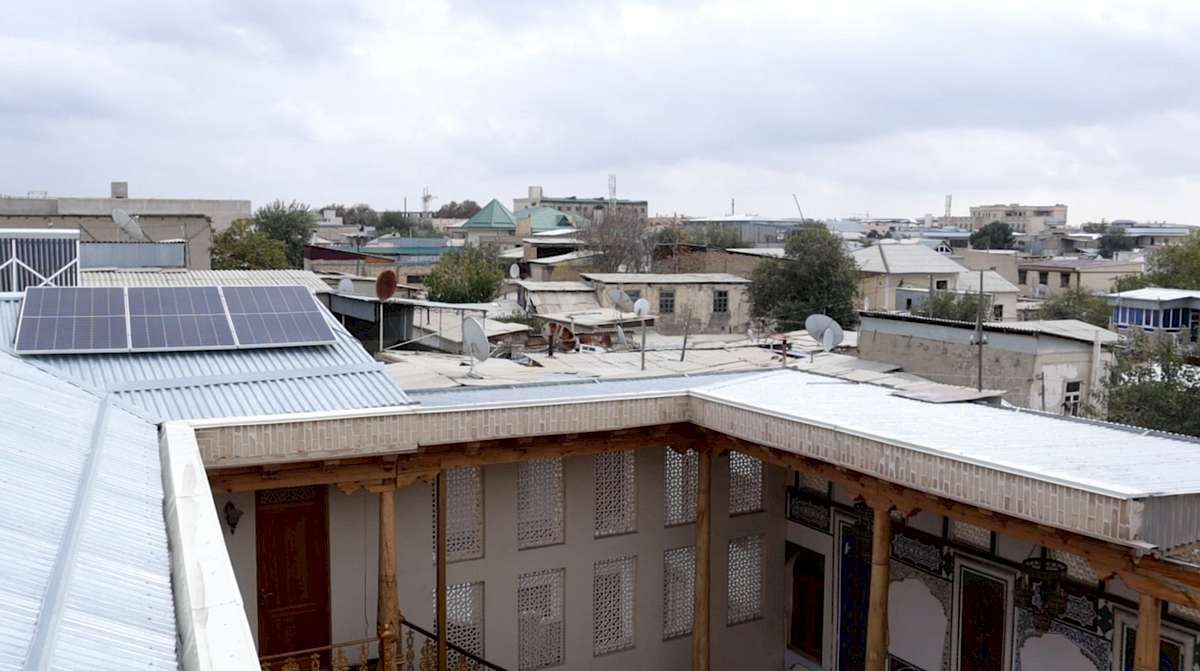
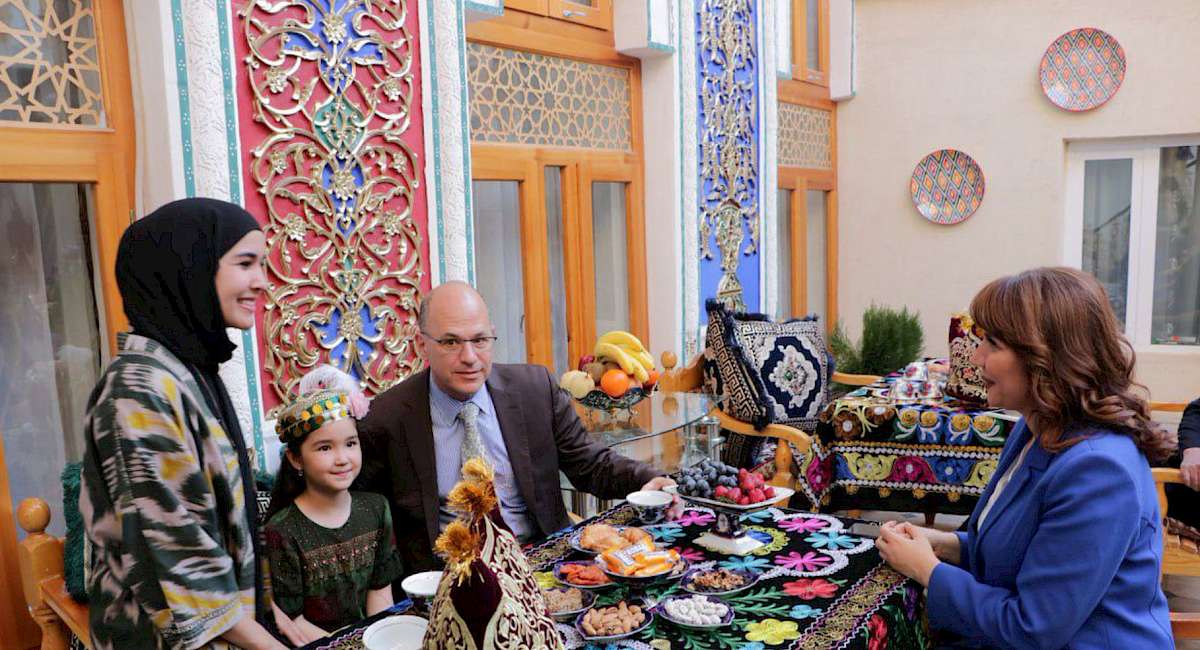
The support from the SET to Switch project comforted Sabina’s and her family’s plans for the future. Sabina dreams of opening a summer camp for children, where they could play and enjoy while learning more about the country's national traditions, customs and rich culture. For Sabina, this journey was synonymous with personal growth: "I remember well when tourists from Bosnia and Herzegovina came", Sabina recalls. “They read online reviews and wanted to see the lady of the house. It was unexpected and very pleasant for me. One of the guests said that she had wanted to meet me for a long time. This has until now been another impetus for further business development.
Nukus: Raushan’s Nika Guest House
In the midst of the quiet landscapes of western Uzbekistan, Nukus, the capital city of the Republic of Karakalpakstan, stands out as an oasis, embraced by three different deserts. Mostly renowned for hosting the impressive Savitsky museum, Nukus is often visited by those who want to explore the shores of the vanishing Aral Sea, see Muynak and its cemetery of ships or wander through the boundless Ustyurt plateau.
Several vestiges of the early Zoroastrian culture and ancient fortresses have been discovered around Nukus. Archaeologists have identified the remains of settlements and defence structures from the ancient kingdom of Khorezm, bearing witness to a history still shrouded in mystery. Although less popular with international tourists than emblematic cities such as Samarkand and Bukhara, the surroundings of Nukus can be labeled as an open-air museum, carrying a unique atmosphere.
In 2018, Raushan Tazhenovna Izimbetova decided to embark on an entrepreneurial adventure by opening her family guesthouse. She is a shining example of how a pensioner can launch a new business in a completely new domain: a lawyer by education, Raushan Tazhenovna enthusiastically threw herself into the field of tourism and quickly mastered the art of hospitality. Her establishment has now the capacity to accommodate up to 10 guests and to offer all essential services.
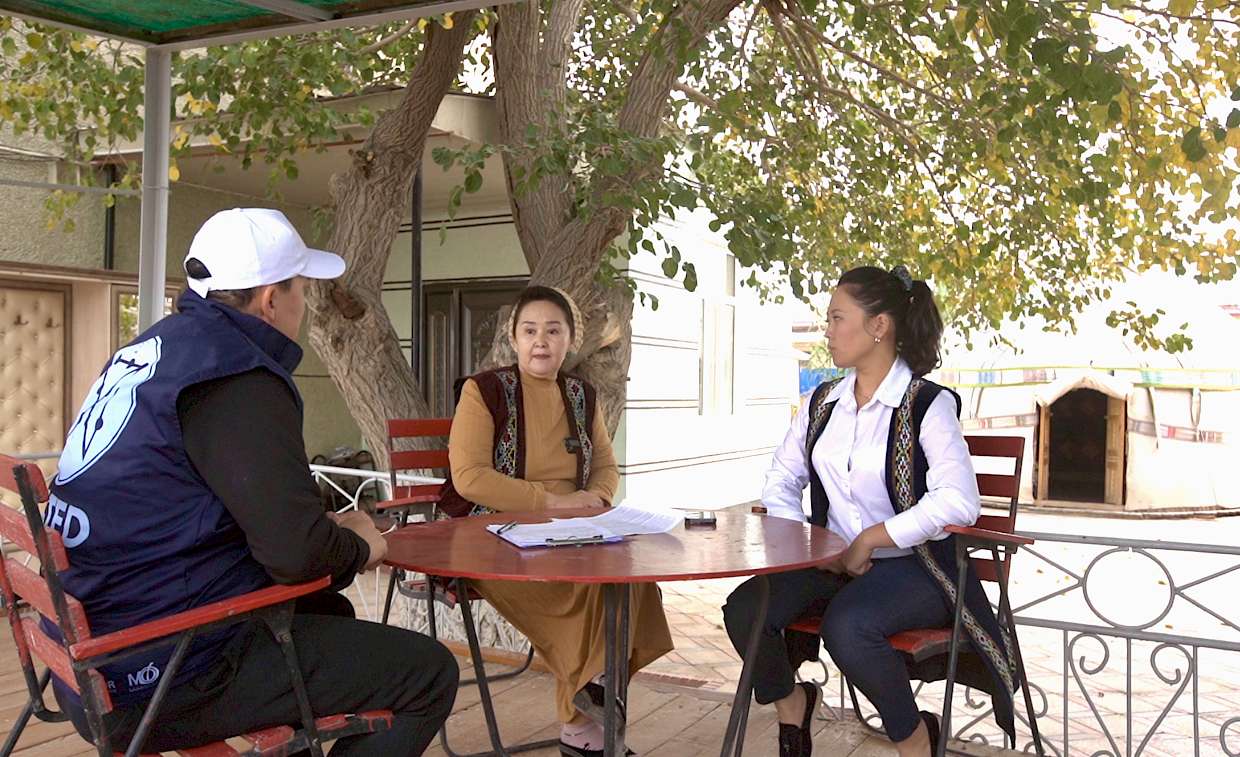
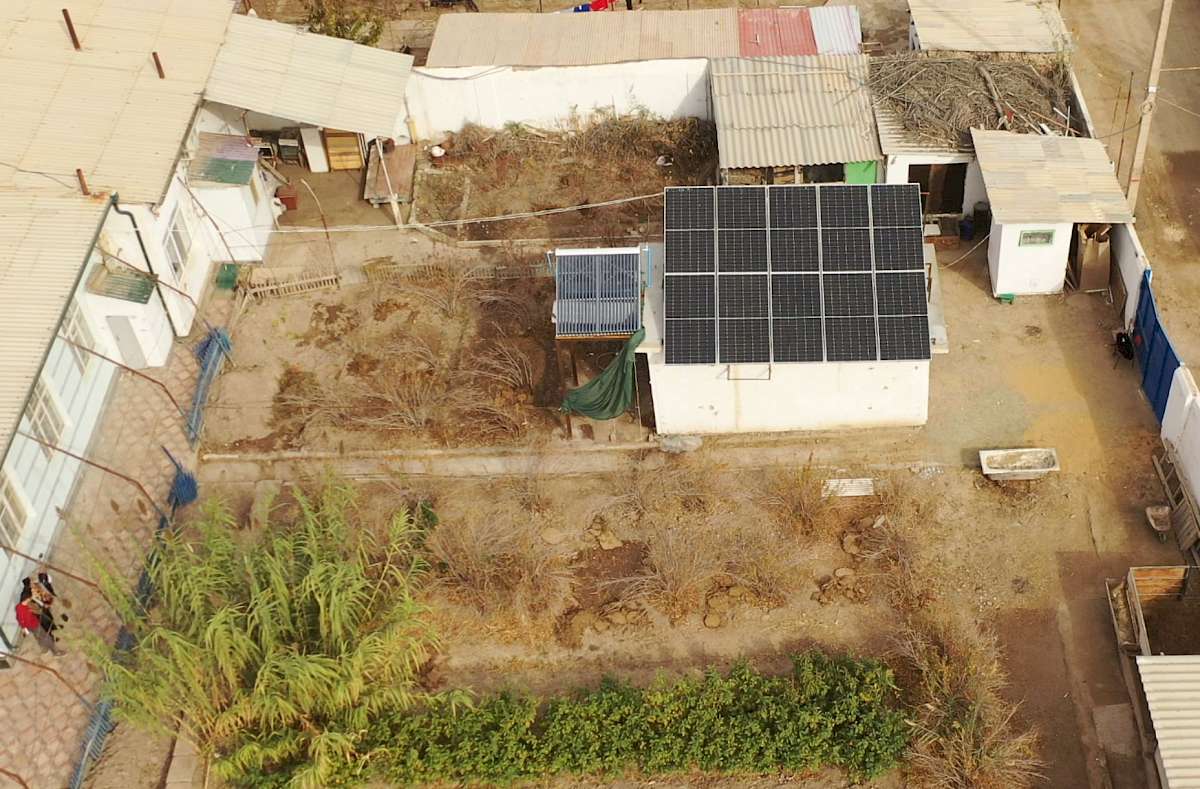
Taking part in the training courses organised within the framework of the SET to Switch project has enabled her to satisfy her desire to learn. “At seminars and trainings, I received all the skills and knowledge on running this business, starting from requirements for opening a guest house, to analyzing the interests of guests and providing services for business development”, she recalls.
Raushan was also eager to enhance the sustainability of her guesthouse and explore ways of making it greener: “By participating in a pilot project to accredit guesthouses, I learnt about the shortcomings that need to be corrected to improve my business".
The name Raushan chose for her family guest house, "NIKA HOUSE", carries a double meaning. Nika is the nick name of her youngest daughter, Nesibeli, which stands for “prosperity” in the local Karakalpak language. In parallel in Greek mythology, Nike is the goddess of victory, reflecting the owners’ aspiration for the future of their guesthouse and family.
Participation in the SET to Switch project came as a fruitful contribution to this journey of sustainable growth. Recognizing the good structural and insulating properties of the 2-storey brick building, a hybrid photovoltaic system was installed on the roof, which will provide continuous supply of electricity to the family guest house. A solar water heater and a filtration system were also installed.
Satisfied with the steady progress made over the past years, Raushan is confident about the future of her guest house, which will continue to actively involve her family.
"Our children and grandchildren have taken charge of promoting the business. They registered the family guest house on booking sites. As a result, we started getting guests not only from Uzbekistan, but also from abroad. We were delighted!” shares Raushan.
Beyond the business dimension, the well-being of guests is at the heart of her project. “Guests enjoy staying in our house, and we receive good feedback. Guests bring positive emotions to our house! This is very important to us”, she concludes.
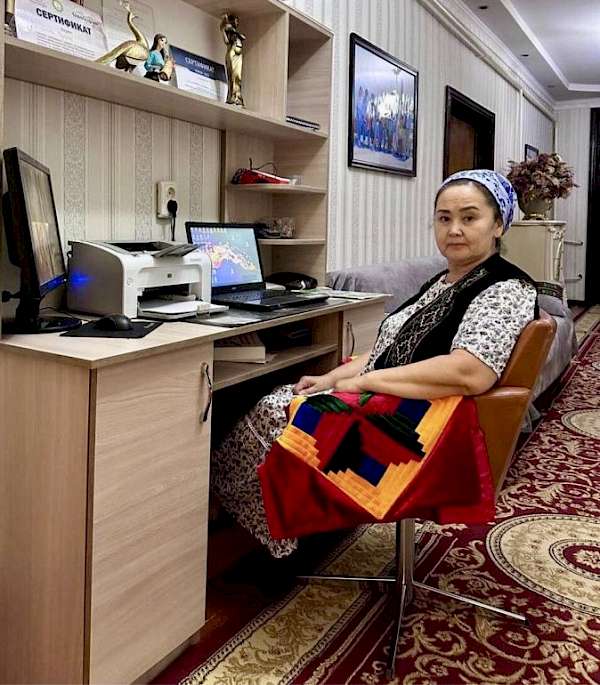
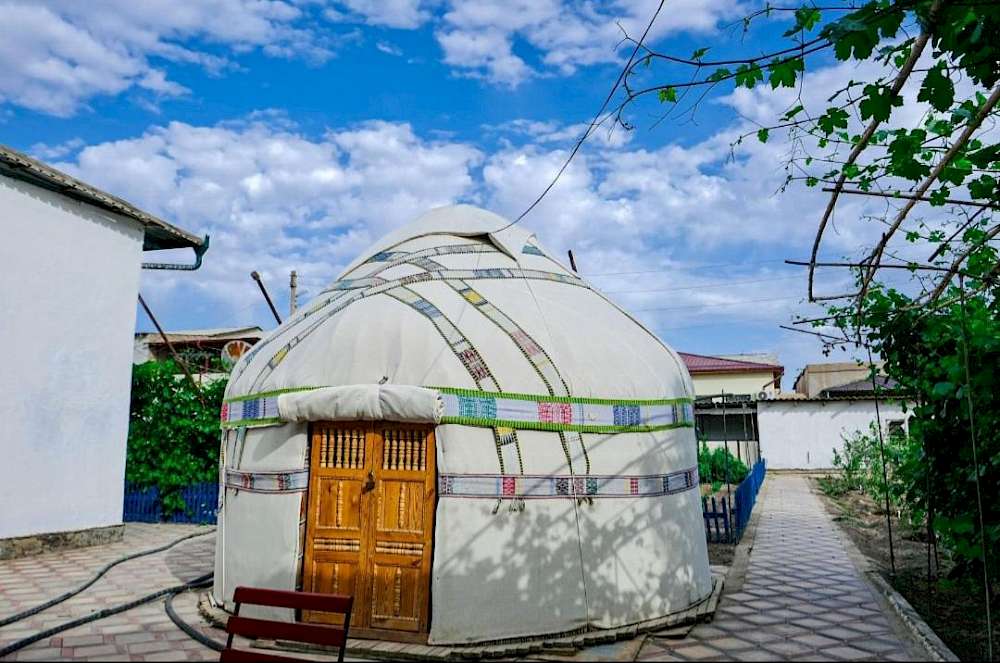
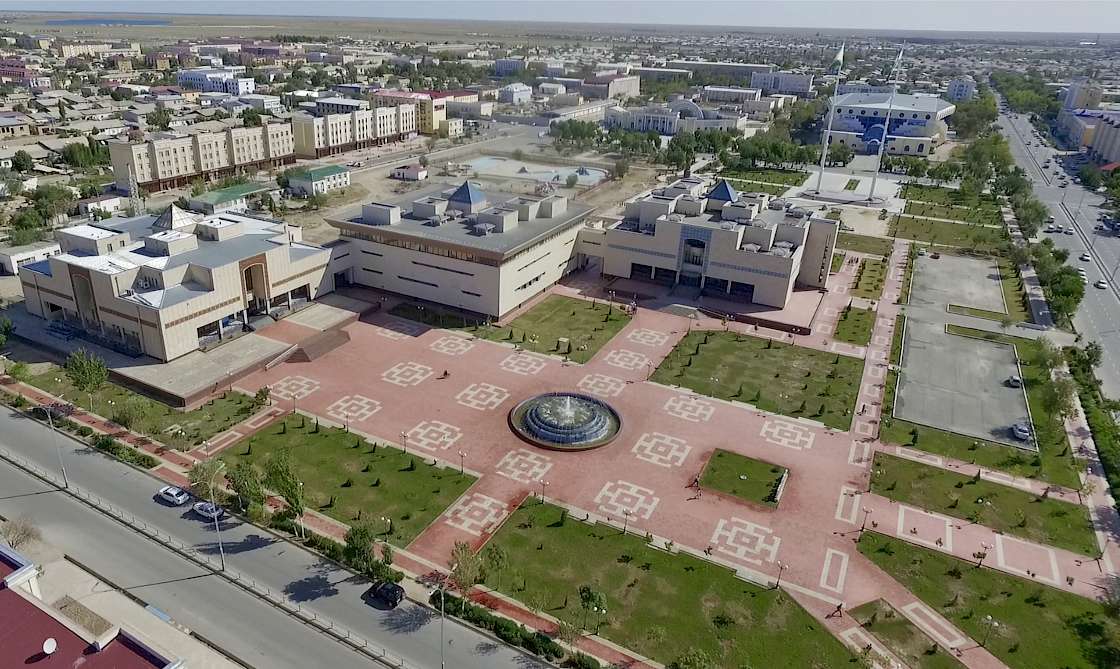
Tajikistan
Alichor Village: Shukrona Homestay
Located in the scenic Murghab district of Tajikistan’s Gorno-Badakhshan Autonomous Region(GBAO), Alichor village stands along the M-41 highway, which stretches into China and Kyrgyzstan. The village, adjacent to the historic Great Silk Road, presents significant untapped tourism potential. Each year, Alichor becomes a gateway for numerous travellers exploring the renowned Pamir highway, journeying through the village en route to their next destination. Despite its promise, Alichur's tourism sector faces difficulties such as a challenging climate, lack of electricity, and its isolated location, impeding development.
Raima Dinorshoeva opened the very first homestay in Alichor back in 2007. She began her journey 36 years ago when she moved to Murghab to teach English right after graduating from a pedagogical institute. Raima was among the few English speakers in the area and contributed to assisting passing tourists, helping them to find a place to sleep and eat.
"At that time, I didn't think much about money, and simply helped in any way I could" recalls Raima. Later, she started hosting guests in her own home, and eventually, she established her homestay “Shukrona” which means “gratitude”.
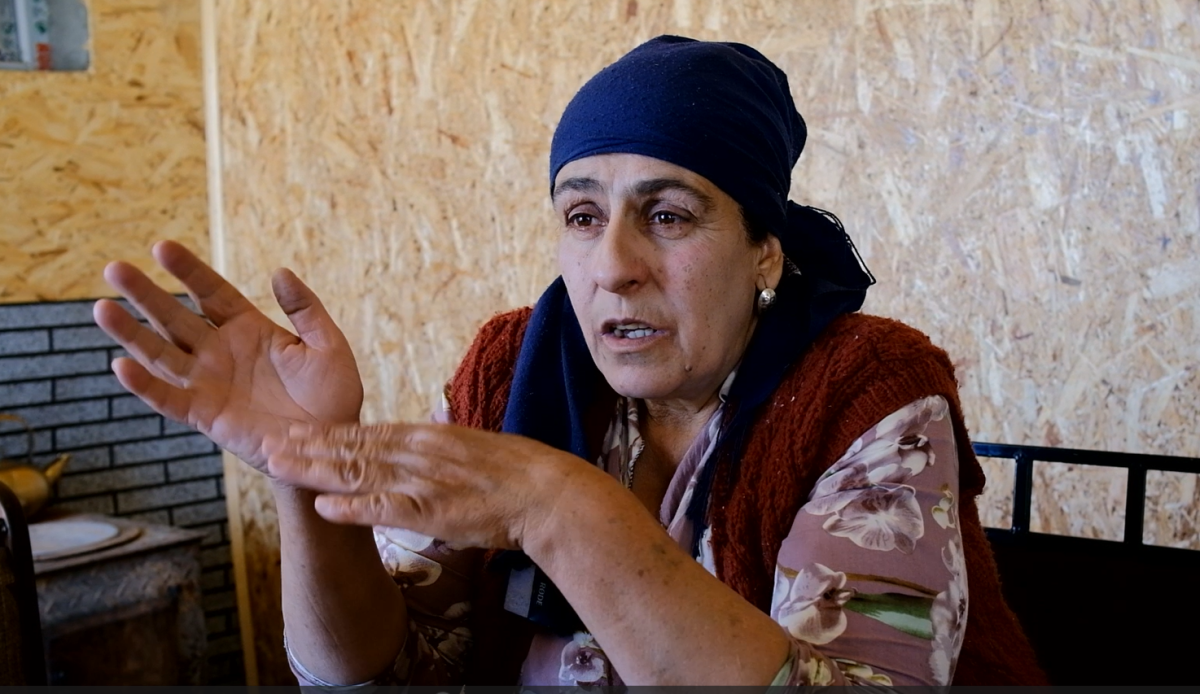
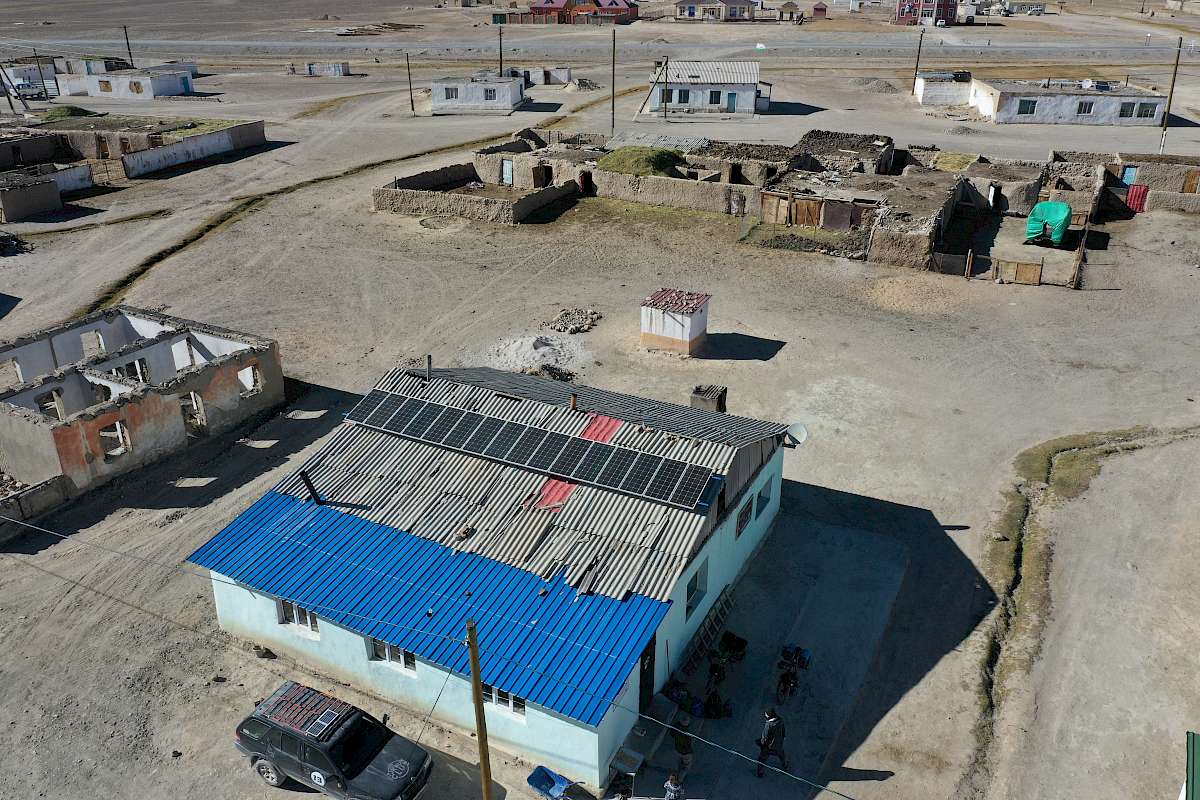
"My business is community-based" emphasises Raima. Here, residents contribute by crafting unique handicrafts and souvenirs, while drivers, guides, and farmers collectively offer tourists a comprehensive 360-degree experience. Raima's husband, a farmer himself, enhances the homestay experience by supplying fresh sour cream, yoghurt, and milk. Her three children, all with higher education and a good command of English, also actively help in developing their family business.
As part of the SET to Switch project, Raima participated in extensive training sessions on energy efficiency, renewable energy practices, and the fundamentals of sustainable consumption and production practices. She also learned and delved into responsible borrowing, green investments, and eco-standards.
“These trainings were extremely helpful, and I must say, they renewed my motivation to develop and expand my business” shares Raima. Furthermore, she received support in the form of investment and installation assistance for solar panels.
“Thanks to the project's support, my family received invaluable assistance in addressing the challenge of unstable electricity,” says Raima. The "Shukrona" homestay now enjoys a reliable power supply, enabling Raima to welcome tourists year-round and significantly improving the family budget.
Beyond the benefits for her family and guests, Raima extends a helping hand to neighbors who visit the homestay to charge their phones and devices.
Looking ahead, Raima envisions expanding her business further. "I aim to attract more unemployed individuals in the community to join my business, with the hope of fully meeting the needs of our guests and contributing to the overall development of my community," concludes Raima with infectious optimism, inspiring a brighter future for Alichor.

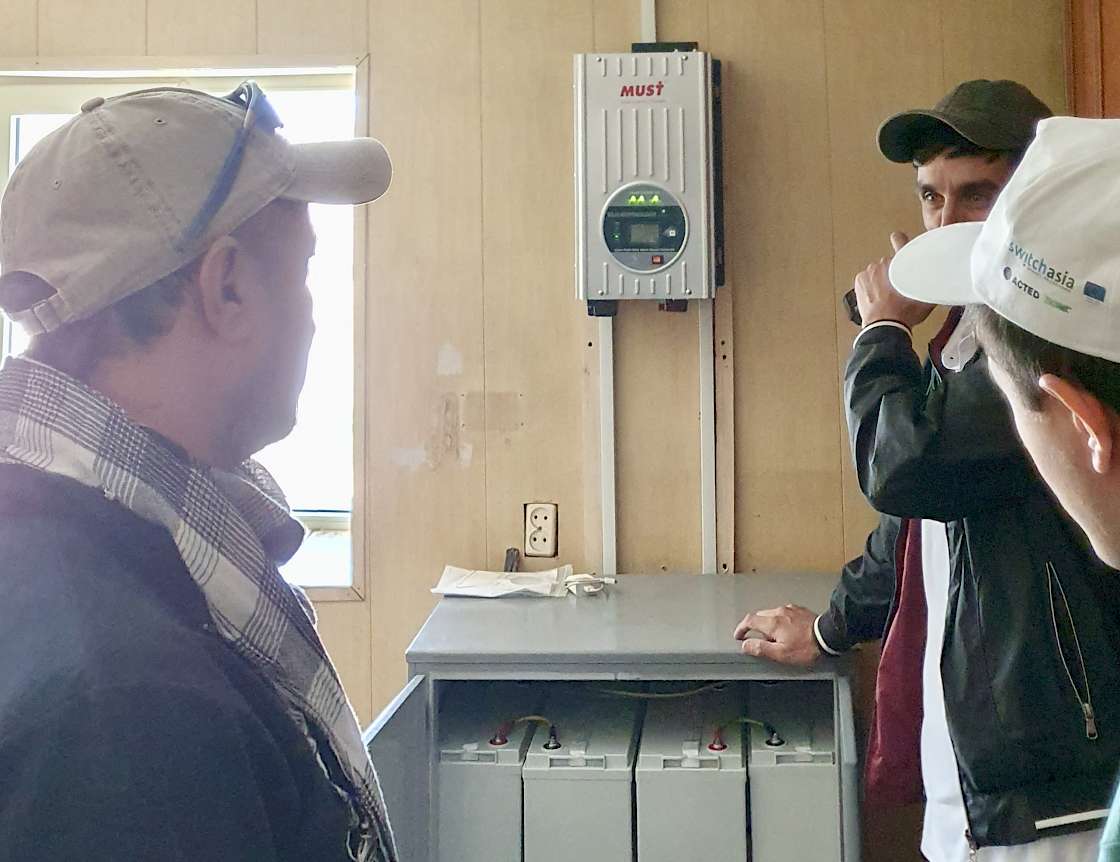
Photo credits: SWITCH-Asia SET to Switch Project / Acted


